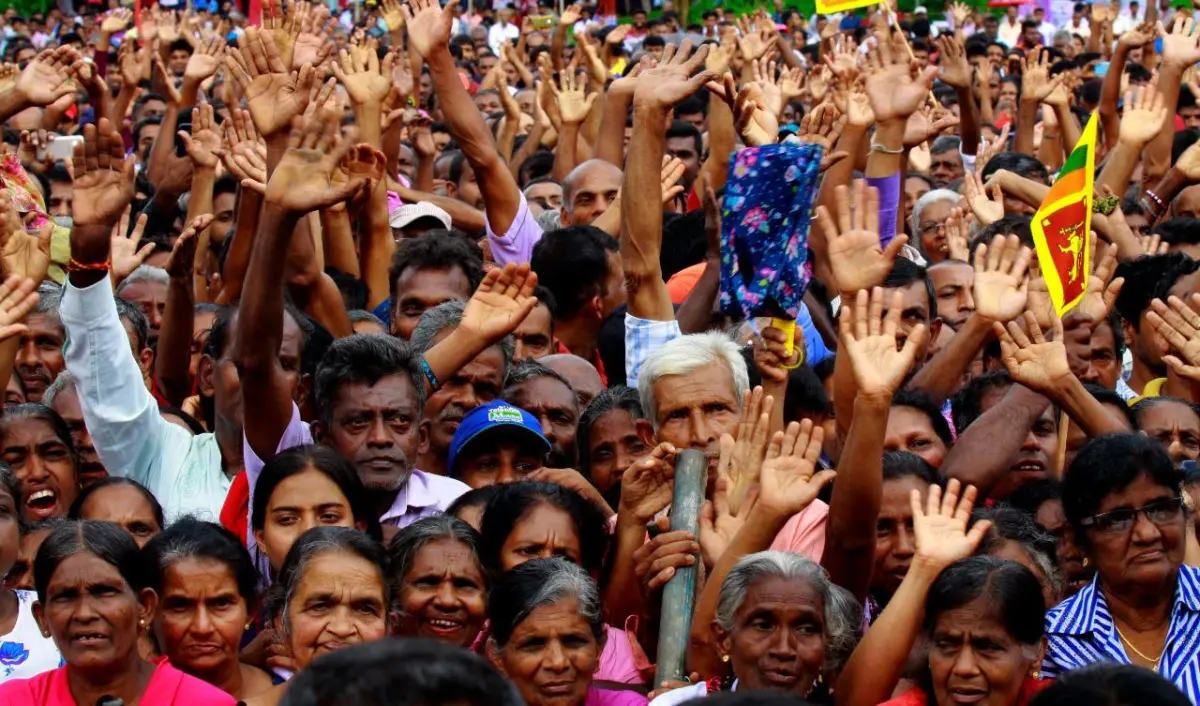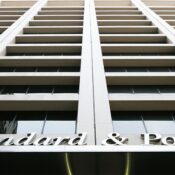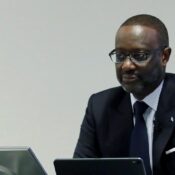
Sri Lankans will vote for president in a close race with an eye on the economy
Sri Lankans will vote for a new president on Saturday in an election that is likely to decide the fate of the country’s fragile economic recovery. Ranil Wickremesinghe, the current president, is running against two candidates who lean to the left.
One of the most important problems for voters is the economy, which crashed in 2022 because there weren’t enough dollars. People have had to deal with inflation that reached 70%, a weak currency, and power rates that went up by 65%.
Last month, inflation dropped to 0.5%, and this year’s GDP is expected to grow for the first time in three years. However, millions of people are still poor and in debt, and many are hoping that their next leader will bring them a better future.
Alan Keenan, senior consultant for Sri Lanka for the International Crisis Group, said, “Many Sri Lankans are still struggling to make ends meet. The presidential election promises to be close, tense, and possibly pivotal in setting the country’s future political trajectory.”
Wickremesinghe, opposition leader Sajith Premadasa, and Marxist-leaning figure Anura Kumara Dissanayake are all expected to run for office. The race is expected to be close.
Wickremesinghe, who is running as an independent, is in third place in the Sri Lanka Opinion Tracker Survey by the Institute for Health Policy (IHP). The most popular candidate is Dissanayake, and the runner-up is Premadasa of the more left-leaning Samagi Jana Balawegaya (SJB) party.
With the help of an IMF bailout program, both Premadasa and Dissanayake have said they might change taxes and public spending. Dissanayake has also suggested a new way to restructure the debt that is related to the country itself.
RUN-OFF PROBABLE
Only about 17 million of Sri Lanka’s 22 million people can vote in the first election since President Gotabaya Rajapaksa fled the country and later quit because of protests against the country’s bad economy in 2022.
Parliament picked Wickremesinghe, a former prime minister, to finish Rajapaksa’s term. He has led an uncertain recovery based on an IMF bailout program worth $2.9 billion and a process to restructure $25 billion in debt.
In Sri Lanka’s first past-the-post method, voters can choose three candidates and give each one extra votes. The candidate with 50% or more of the votes is declared the winner.
If no candidate gets 50% of the vote in the first round, there is a runoff to count preferred votes for the two frontrunners. Because the election was so close, this is likely to happen.
Dhananath Fernando, an economist at the Advocata Institute in Colombo, said that most people should put away their traditional political views and pay more attention to the economy.
The election results should be made public on Sunday, and the new president will be brought in soon after.
The person who wins the election will have to make sure that Sri Lanka’s state finances are in order, that the country starts paying back its foreign debts, that it attracts investment, and that the four-year IMF program is finished.
A think tank leader in Colombo, Paikiasothy Saravanamuttu, said, “The main criticism of the government is that it has not shown enough sensitivity or empathy towards the pressing problem of debt restructuring and making sure that the burden of that adjustment is not going to fall on the people who are least able to bear it.”
All Categories
Recent Posts
Tags
+13162306000
zoneyetu@yahoo.com



